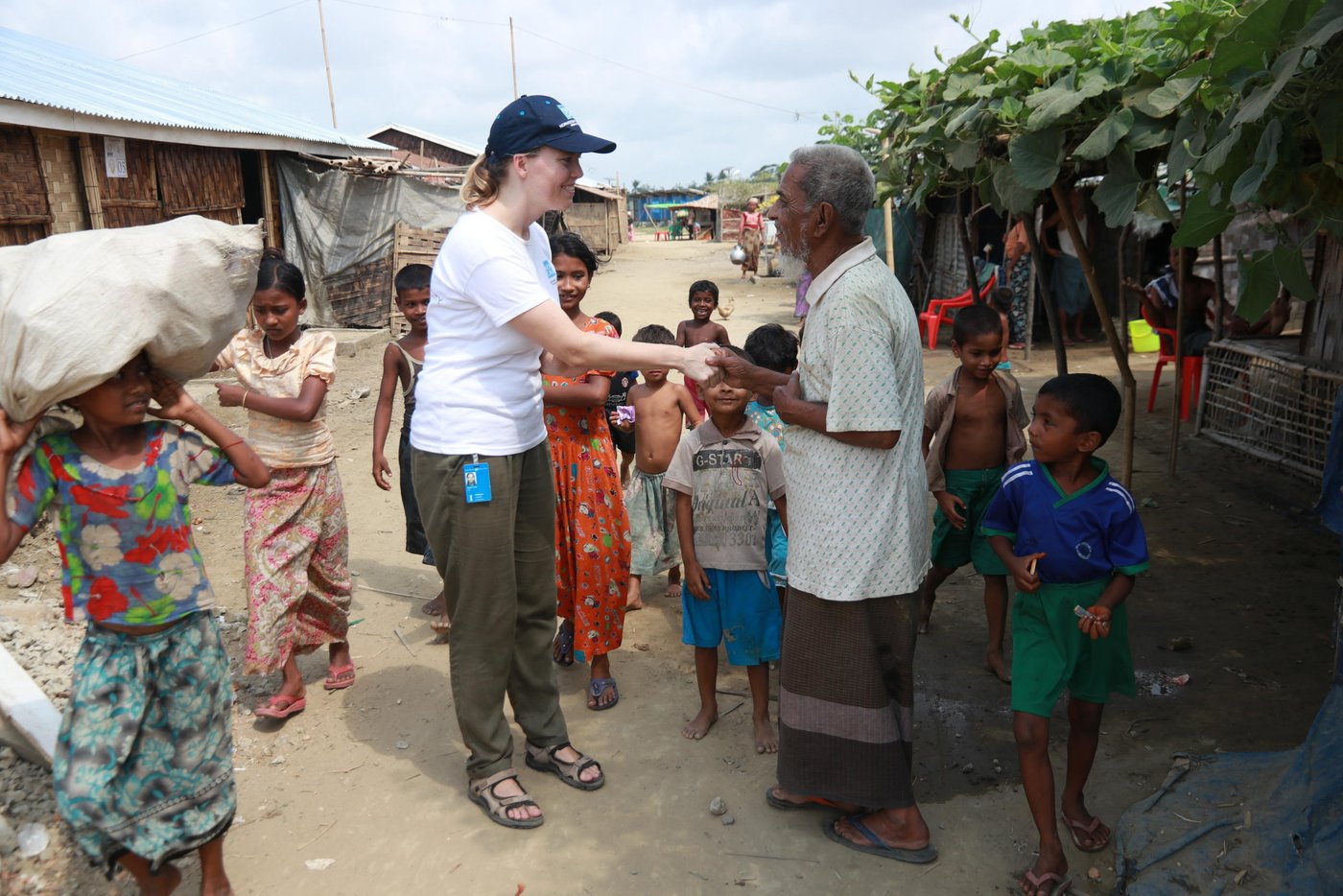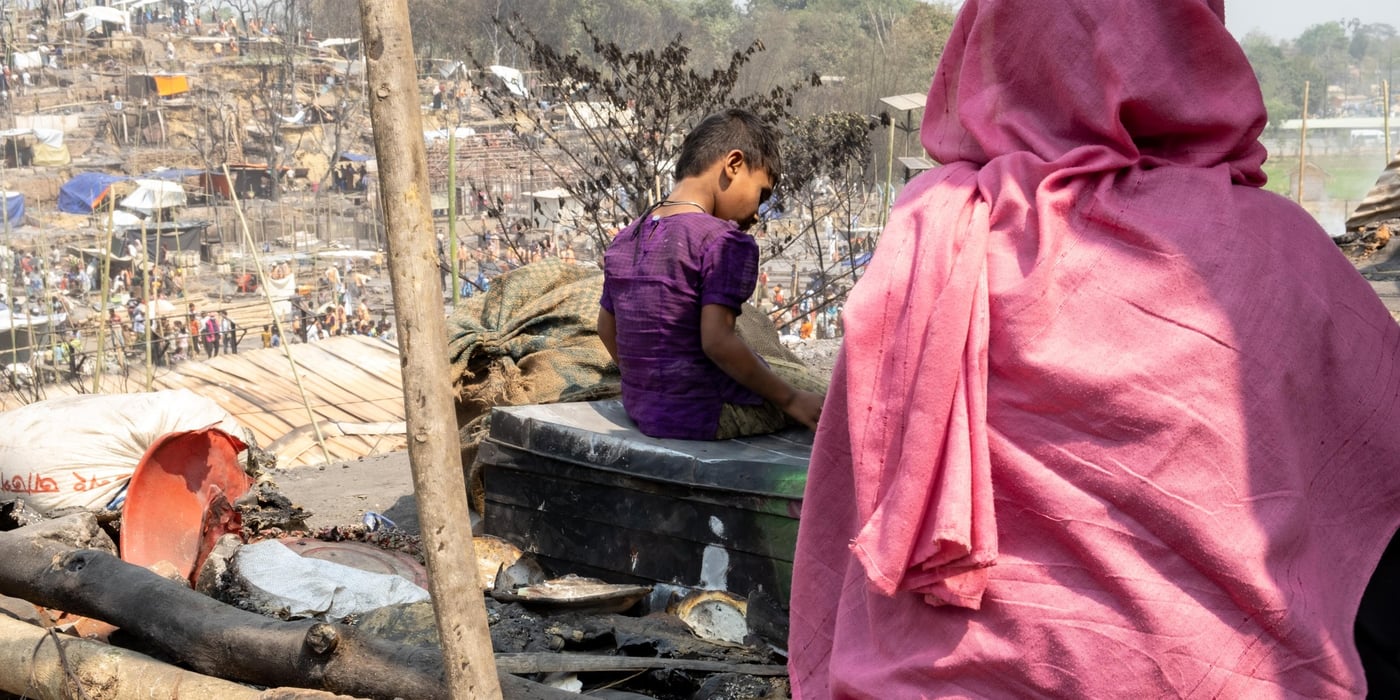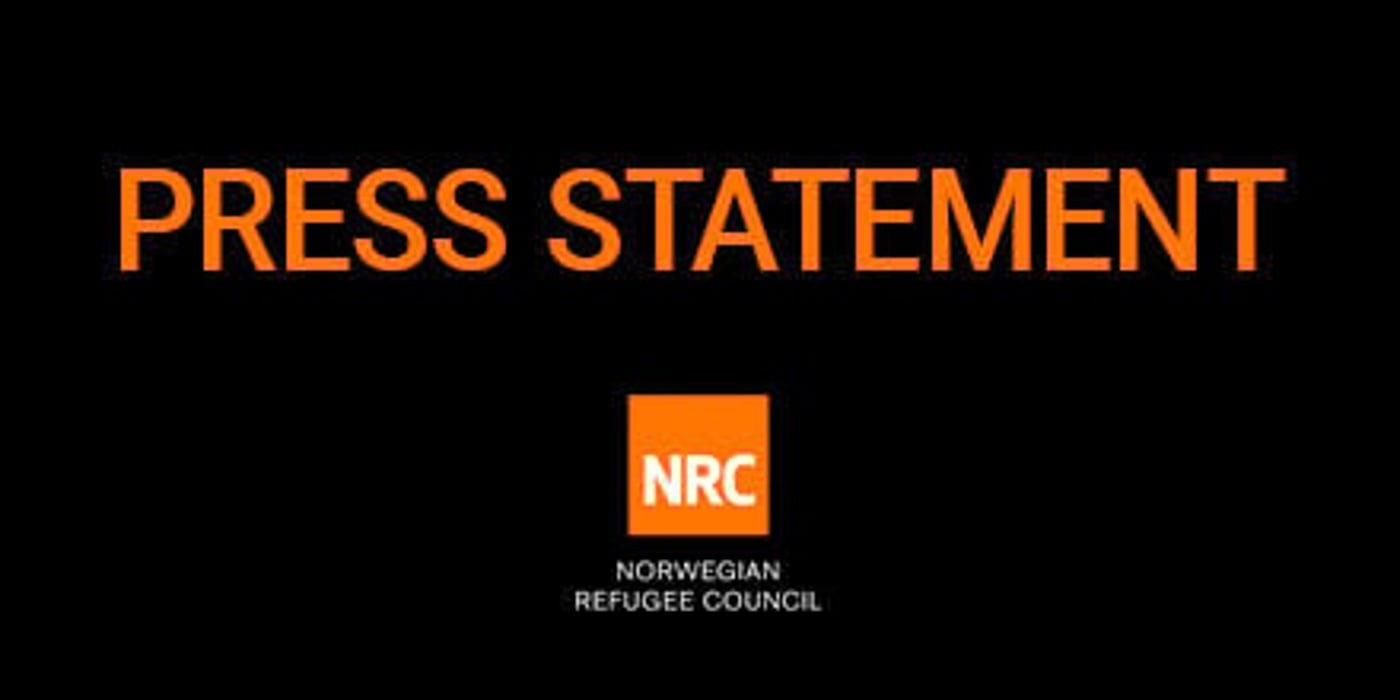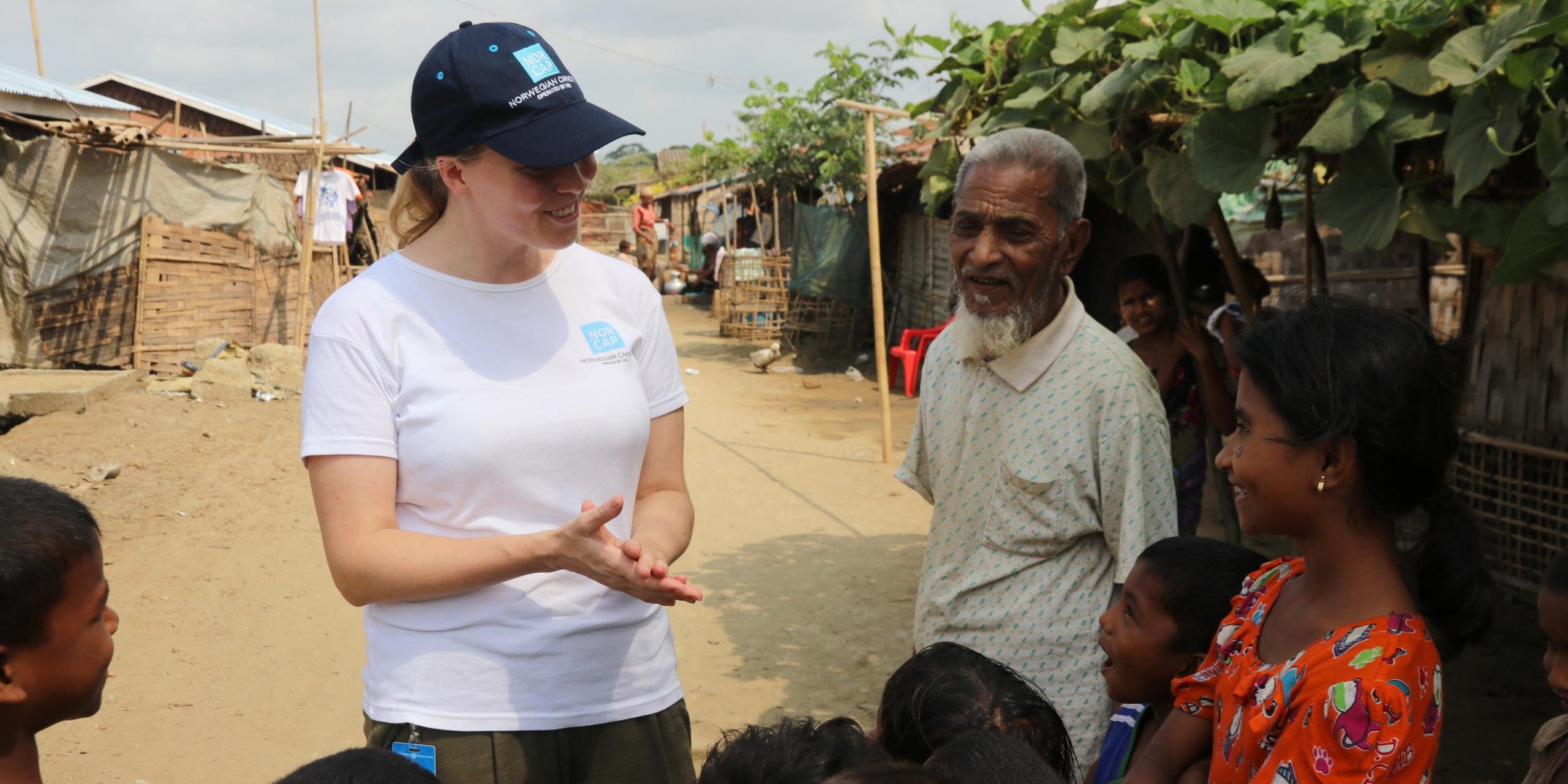
Ingvill is currently on a six months mission for NORCAP, working as a Humanitarian Affairs/Reports Officer for the United Nations Office for the Coordination of Humanitarian Affairs (OCHA).
In Myanmar, OCHA coordinates and mobilizes national and international actors, responding to people affected by conflict and natural disasters. “Being a NORCAP deployee is a personal and professional adventure. I am meeting new people, I am seeing new places, all while learning a lot about myself, including how to negotiate in a new context such as Myanmar,” Ingvill says.
High expectations
Since Myanmar’s historic democratic elections, the country is going through a rapid transition with high expectations from the international community. “The government is increasingly taking the lead in preparedness and response to natural disasters, and engaging with the humanitarian community on issues that were not possible during the military rule.”
Meanwhile, the diarchic relationship between the National League for Democracy and the military makes it complicated to navigate as a humanitarian actor. “Matters related to state security are particular sensitive and therefore humanitarian and human rights actors have their work cut out when responding to urgent needs and reports of violations in conflict settings,” explains Ingvill.
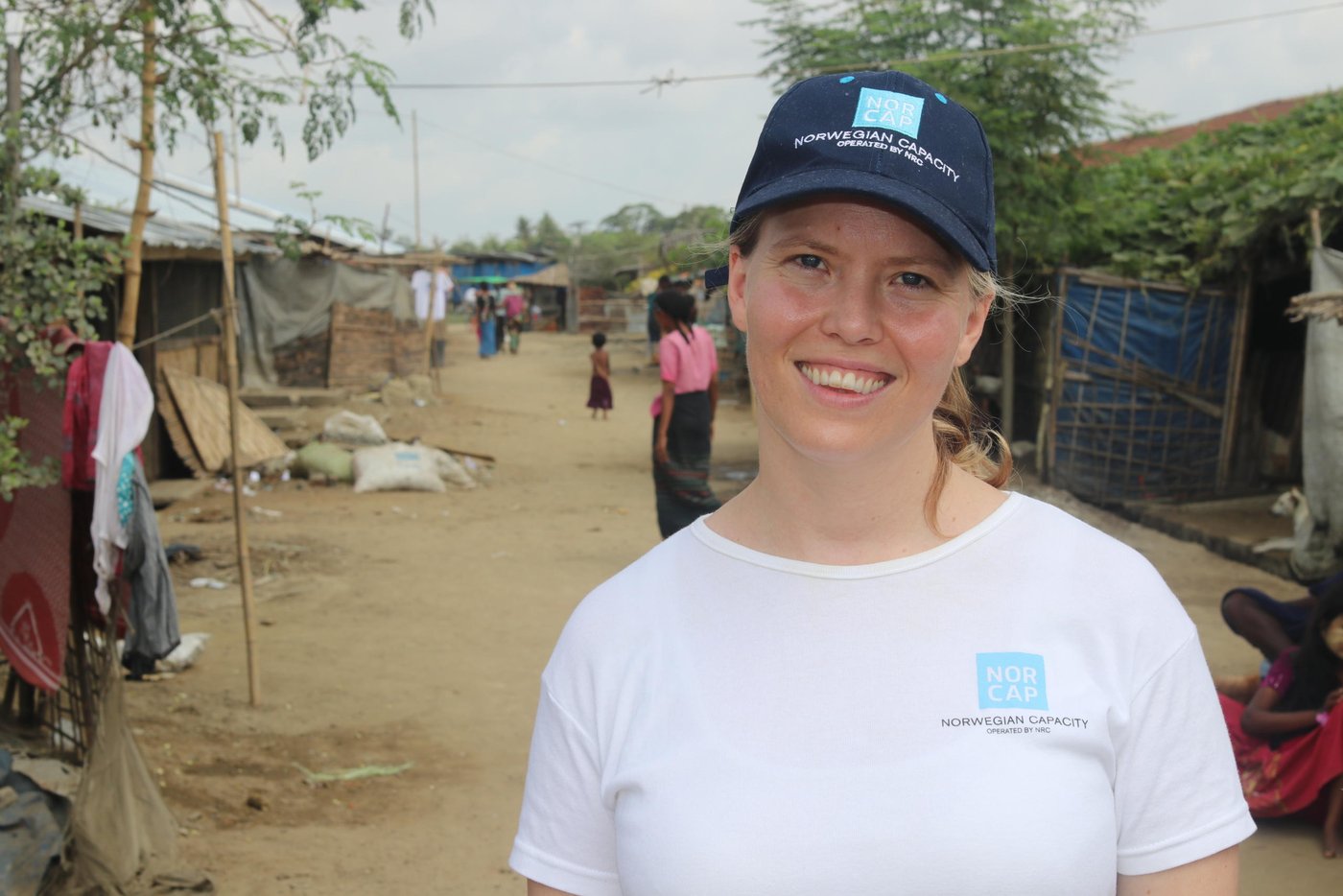
Restricted freedom of movement
The context is tense in Rakhine State, where she works. “The situation affects all communities in Rakhine State, including the ethnic Rakhine population and the Muslim community, but the restriction in freedom of movement particularly affects the latter.“
More than 1 million stateless people are estimated to live in Rakhine State, most of whom are Muslims who call themselves Rohingya, and who are not recognized as citizens of Myanmar.
“OCHA advocates for the rights of people in need and in this context strongly emphasizes the need for freedom of movement, for all people, irrespective of ethnicity, citizenship or religion,“ she says.
Monsoon season coming up
“The news stories of boat refugees may have subsided, but the current dire conditions of the many displaced children, women and men who are living in the dilapidated camps is heart-breaking and will undoubtedly get worse in the up-coming monsoon season,” Ingvill says.
The camps are vulnerable and frequently hit hard by the heavy monsoon rain. “Many of the shelters are starting to fall down. I fear some of the structures that they have built may not last this season”
Under the auspices of OCHA, Ingvill works with the government and international and national actors to prepare for cyclones, floods or other sudden on-set disasters. “We plan to organise a preparedness workshop to coordinate activities in the event of a sudden onset disaster and make sure the government has the technical skills needed to deal with a crisis. This collaboration also builds an understanding of unity in and among different communities", Ingvill says.
“It is important to work with the government to strengthen their understanding of humanitarian principles. In addition they need support to uphold their duty to people in their country. We need to ensure that our work is effective and not just paying lip service to humanitarian ideals.”
